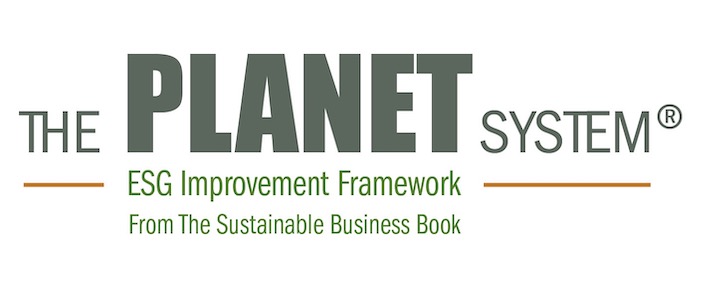The Ethical Capitalist – Julian Richer
The one sentence summary: Business can work much better for society by acting ethically.
WHAT THE BOOK SAYS
- Capitalism is the only economic system humans have come up with so far that offers the real promise of prosperity and wellbeing. However, it also has many shortcomings. Contrary to much opinion, it is perfectly possible both to be a capitalist and accept its drawbacks.
- Capitalism has lost its way, with endless stories of companies exploiting their staff, avoiding their taxes, and ripping off their customers. Businesses now need to put themselves firmly back in the service of society to create a kinder, fairer form of capitalism.
- The book is divided into two parts – first, the ethical business;
- It’s all about the people– the employee. The key to successful businesses is managing and motivating the workforce so they do their best job. It costs on average £30,000 to replace a member of staff.
- What goes around comes around– the customer. Companies that cheat end up being cheated, because those who cheat will cheat against you. Those that give a bit extra usually get it back. Act with honesty and fairness.
- Nowt for nowt– the enablers. All trade should be fair trade if it is to be sustainable. Pay suppliers properly and on time.
- Ethical businesses are ethical employers. Disaffected staff offer bad service, and bad service drives away customers. Every unhappy customer tells up to 20 other people about their experience, but only 1 in 20 bothers to tell the service provider.
- Second, the ethical capitalist, in which the author espouses fair wages, paying taxes properly as a corporate duty, and then looks at the limits of capitalism (prisons, transport, water services, and so on, where it doesn’t work because the element of social responsibility is lost).
- The author’s company gives 15% of profits to charity, and believes that all companies should do this.
WHAT I PARTICULARLY LIKED
- 1 in 4 people already boycott products or services of companies that they feel do not pay their fair share of tax.
- 86% of the UK companies that signed up to the Living Wage for reputational reasons said that their organisation’s standing had been enhanced, and more than half said it had improved relations between staff and managers.
- The gig economy with zero hours contracts is essentially ‘one-sided flexibility’, in which employers transfer all the risk on to the shoulders of workers.
- Over the previous ten years, CEO pay has risen by 82%, with the return on investment in those companies at only 1%.
- The mean ratio of highest paid director to average employee pay is 138:1 (to the national living wage, 293:1).
- Economists and commentators have played a large part and often shocking part in the modern cynical behaviour in companies, for example:
“There is one and only one social responsibility of business – to use its resources and engage in activities designed to increase profits.” Milton Friedman
“If you find an executive who wants to take on social responsibilities, fire him, fast.” Peter Drucker





Leave A Comment
You must be logged in to post a comment.